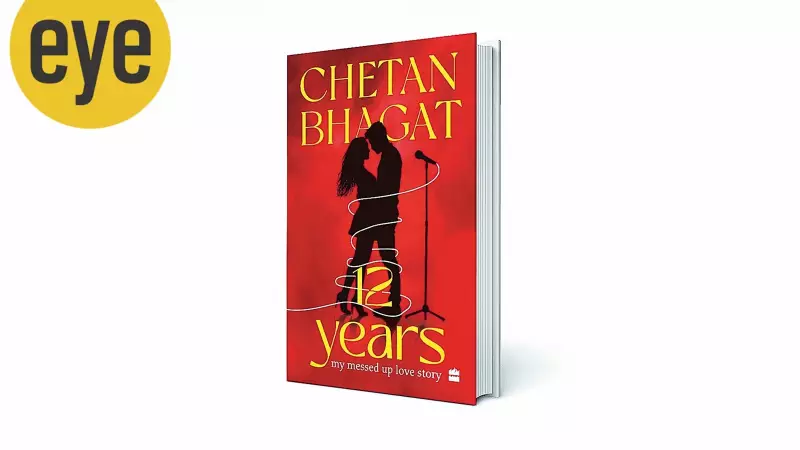
Best-selling author Chetan Bhagat's newest literary offering, '12 Rules for Love', has ignited a firestorm of criticism for what readers and critics are calling tone-deaf and problematic advice, particularly regarding relationships with significant age gaps.
What's Sparking the Controversy?
The book, which marks Bhagat's return to non-fiction after twelve years, promises practical guidance for navigating modern relationships. However, early reviews suggest the advice feels anything but contemporary.
One of the most contentious elements involves Bhagat's apparent endorsement of relationships with substantial age differences. Critics argue that the author fails to address the inherent power imbalances and potential for exploitation in such scenarios, instead presenting them as uncomplicated romantic choices.
Missing the Modern Mark
Beyond the age-gap debate, reviewers note that '12 Rules for Love' seems disconnected from the realities of contemporary Indian dating and relationships. The advice reportedly comes across as:
- Outdated: Failing to resonate with younger, more progressive audiences
- Simplistic: Offering surface-level solutions to complex relationship dynamics
- Unrelatable: Missing the nuances of modern love in urban India
A Pattern of Polarizing Content
This isn't the first time Bhagat has found himself at the center of literary controversy. The author has built a career on creating content that generates strong reactions, both positive and negative. While his books consistently top bestseller lists, they often face scrutiny from literary critics for their style and substance.
The current backlash against '12 Rules for Love' suggests a growing disconnect between the author's perspective and the evolving sensibilities of Indian readers, particularly when it comes to discussions about love, relationships, and personal boundaries.
As the debate continues online and in literary circles, one thing becomes clear: Bhagat's latest work has certainly started conversations, even if they're not the ones the author might have intended.





